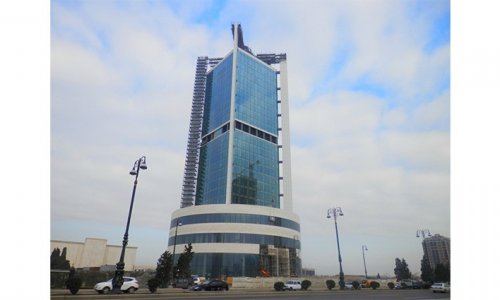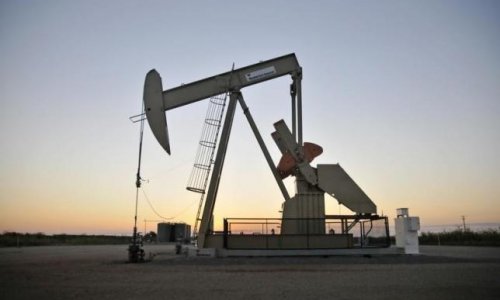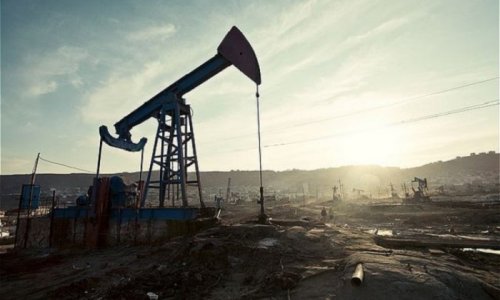A subsidiary of Fluor Corp. will manage the construction of Azerbaijan's new $16.5 billion oil, gas and petrochemicals processing plant, the U.S. Embassy in the former Soviet republic said.
The new complex will replace Azeri state energy company SOCAR's two ageing downstream refineries - the Baku and Azerneftyag oil refineries - as well as the Garadagh gas processing plant and the facilities of chemicals firm Azerikimya.
It will be built at Sangachal, 60 kilometres (37 miles) south of Baku, where Azerbaijan's main oil and gas pipelines reach the Caspian Sea.
Fluor Ltd., which was chosen by SOCAR via tender, is a unit of Fluor Corp, one of the world's largest publicly traded engineering, procurement, construction, maintenance and project management companies.
Fluor will choose subcontractors to carry out engineering works.
SOCAR said last week it would ask the oil-rich country's central bank for a 10-year loan worth 1 billion manats ($952 million).
The money is needed for the first stage of the project, which is estimated to cost $2.1 billion. Construction is expected to begin at the end of this year and be completed by 2020.
SOCAR said last year it had delayed the completion date of the complex by four years until 2030 due to a lack of funds.
Within the complex, a gas processing plant and a petrochemicals plant are due to be completed by 2020 instead of 2017, and an oil refinery by 2030 instead of 2026.
Industry sources say the new petrochemical complex will allow the country to profit from processing oil rather than just exporting it.
SOCAR hopes that investment firms and private companies will provide 70 percent of the funds for the project, and the rest will be financed by SOCAR and Azerbaijan's $37 billion state oil fund.
Once completed, annual oil refinery capacity will rise to 8 million tonnes of crude, from 6 million tonnes.
The gas processing plant is expected to have an annual capacity of 12 billion cubic metres (bcm), while the petrochemical plant will produce about 800,000 tonnes of polyethylene and 300,000 tonnes of polypropylene.
(Reuters)
ANN.Az
Follow us !











